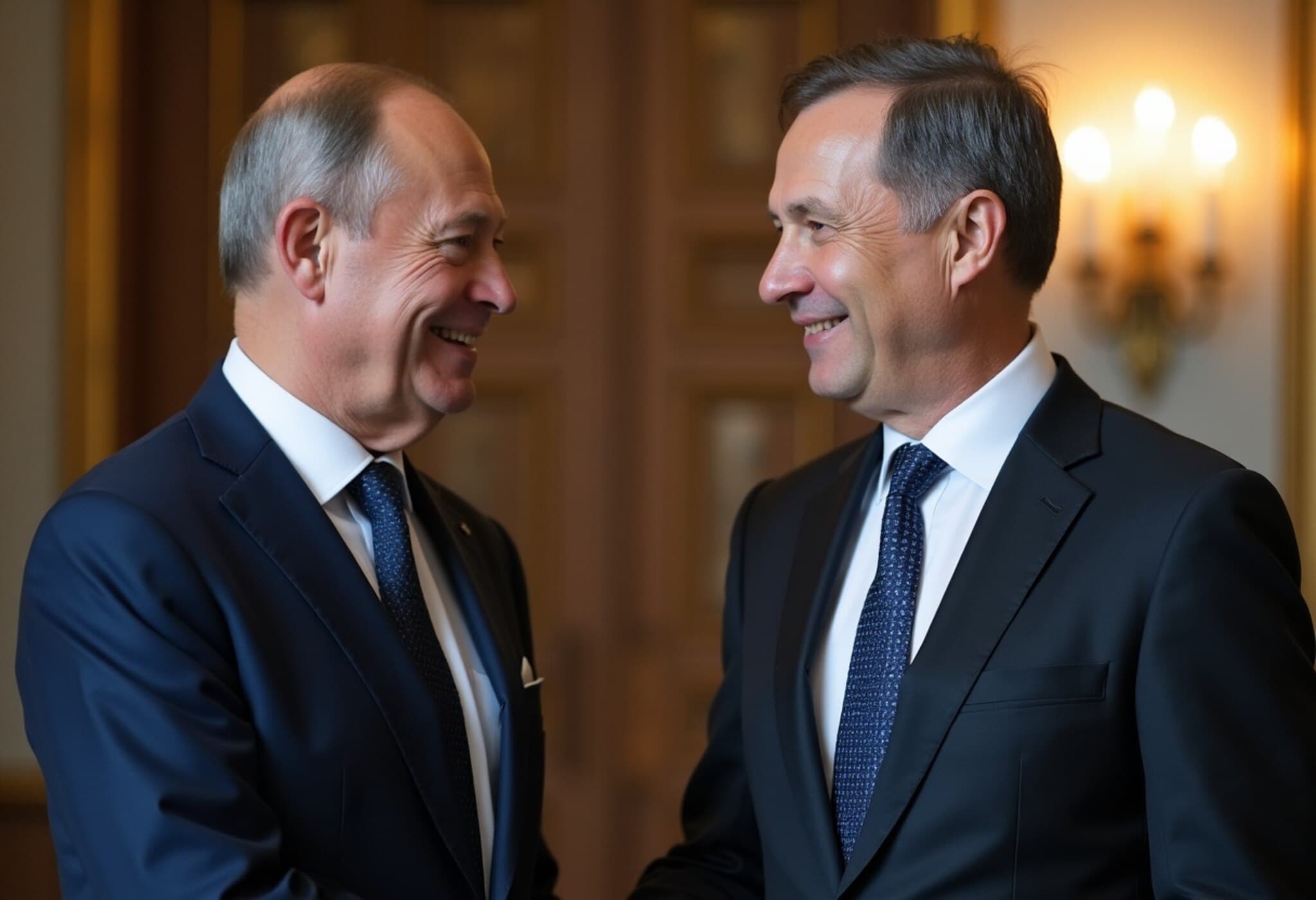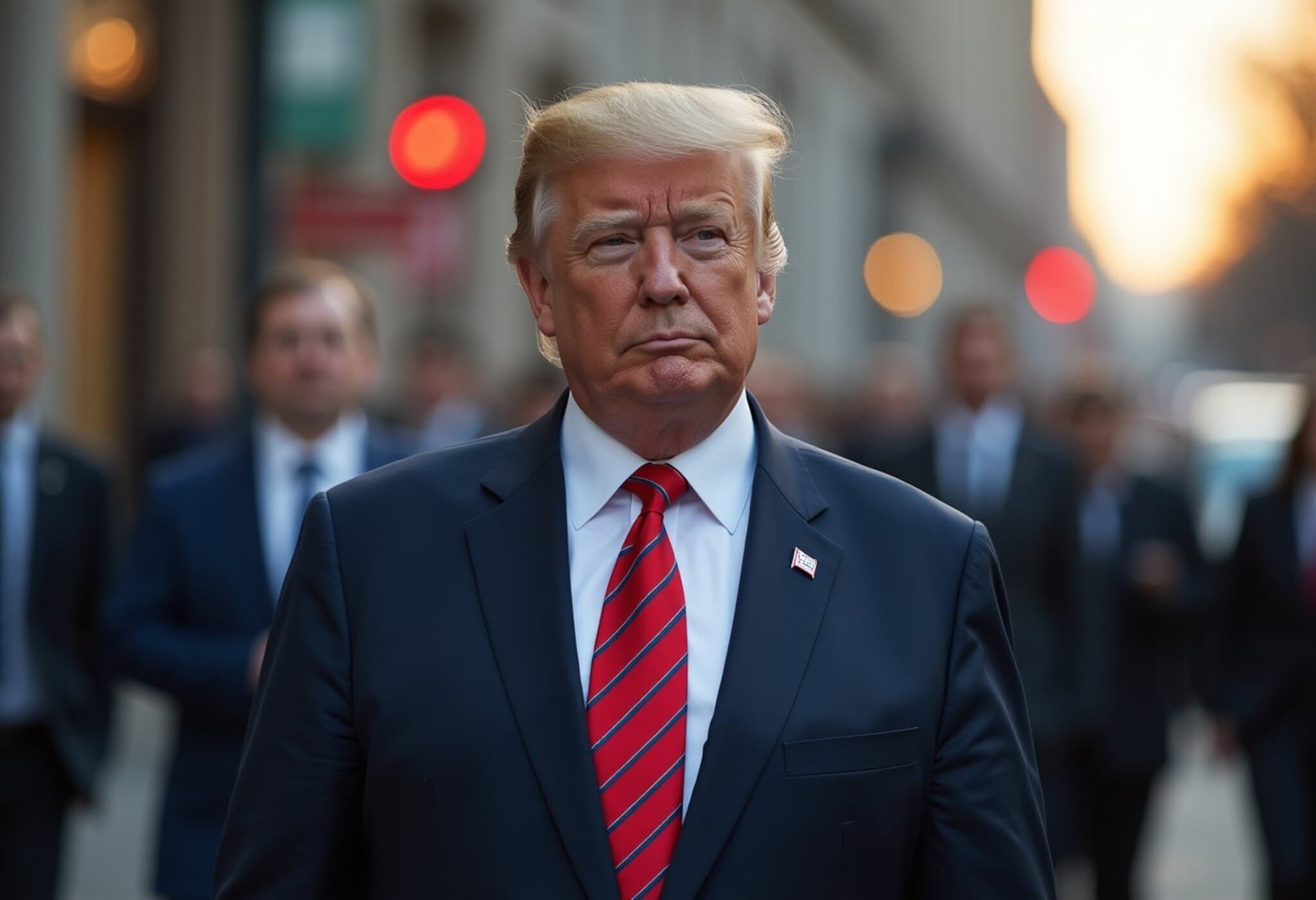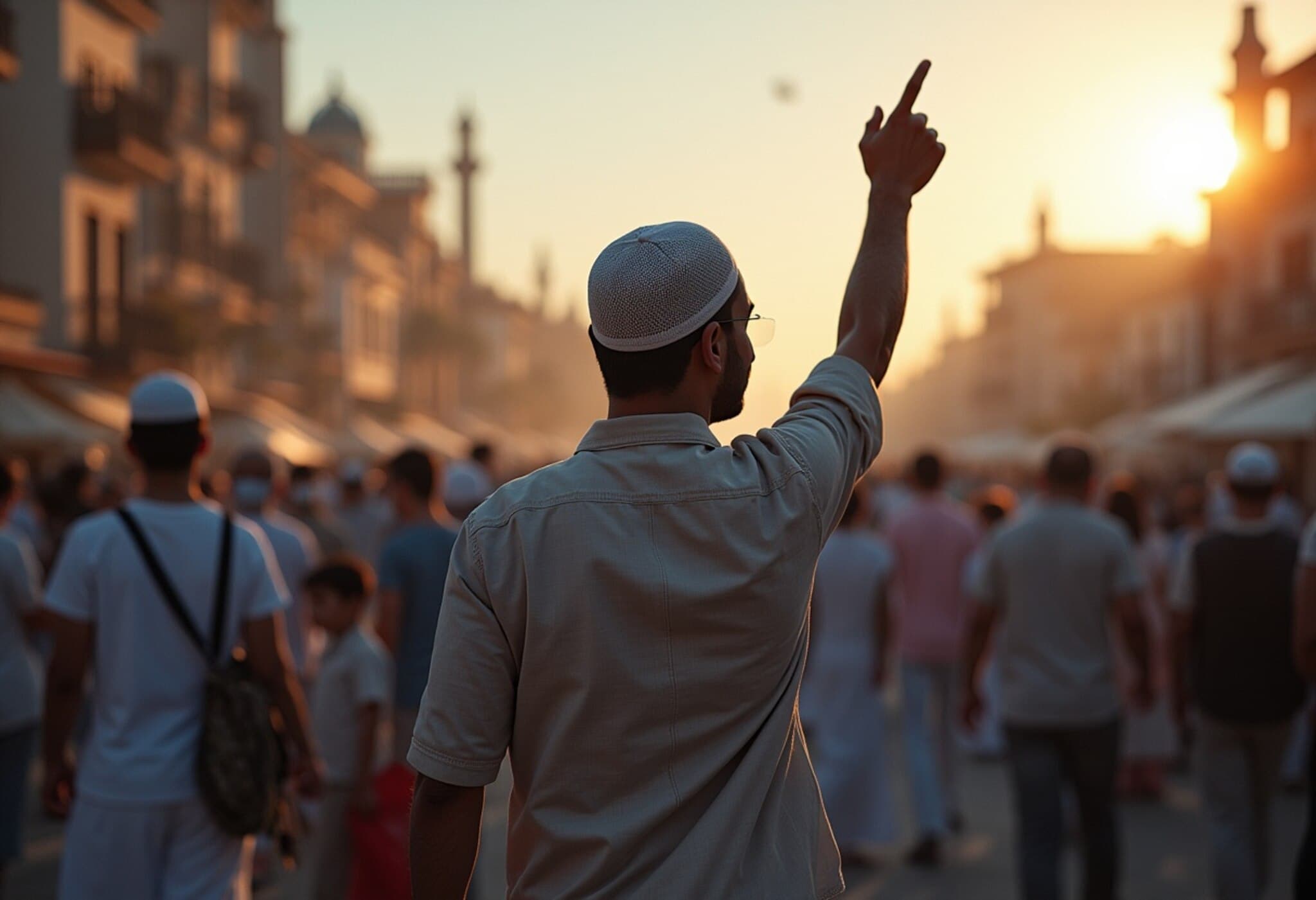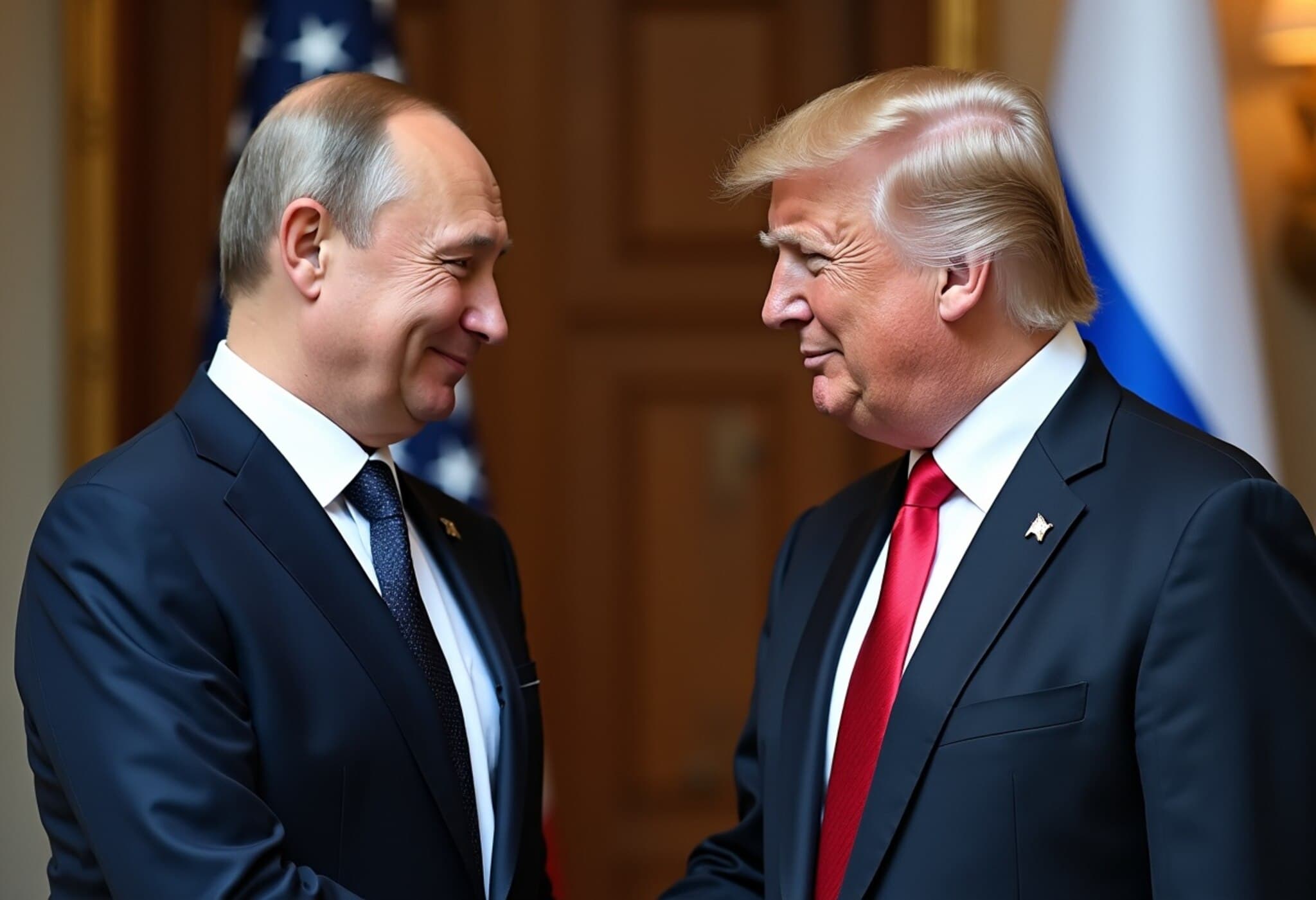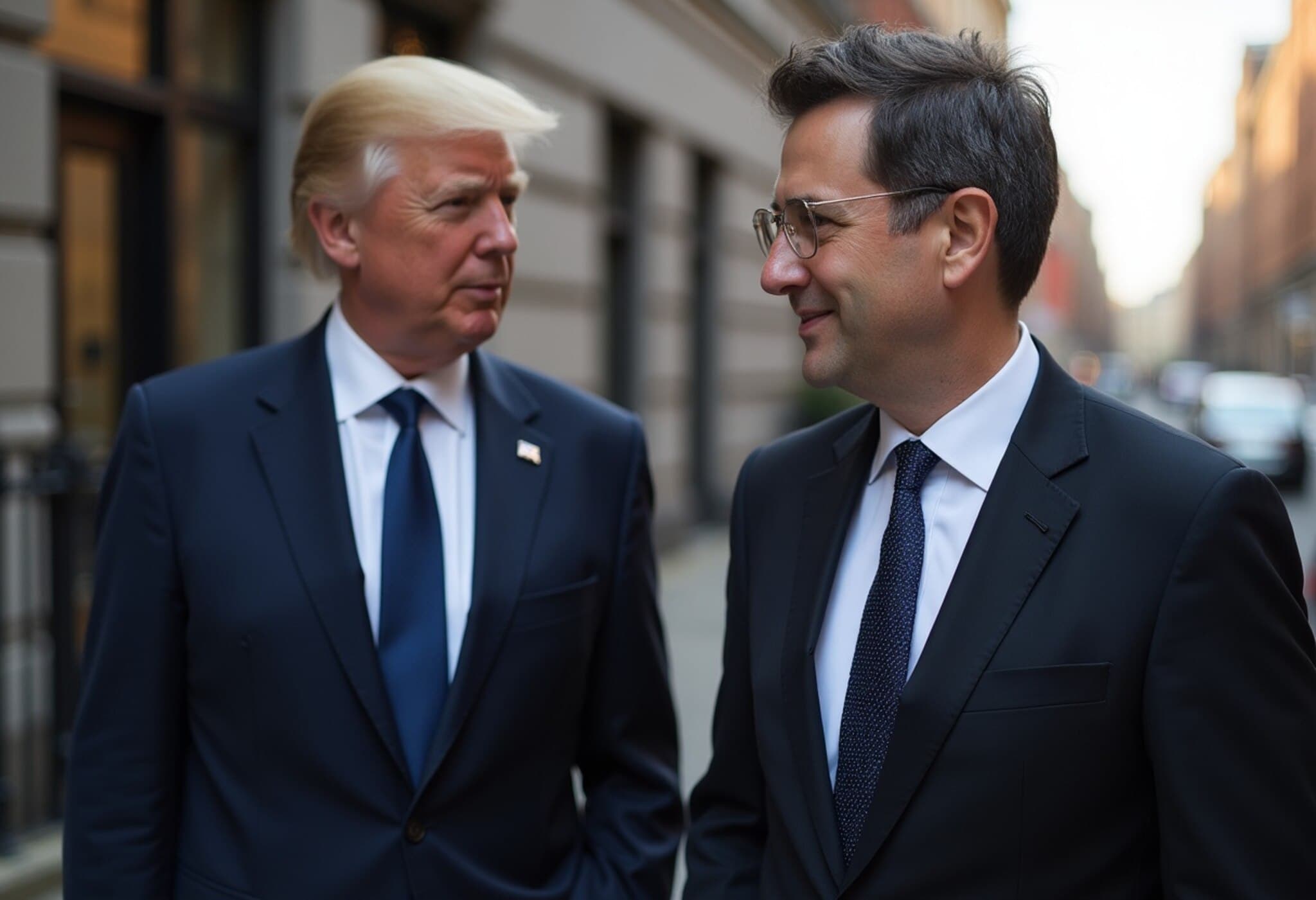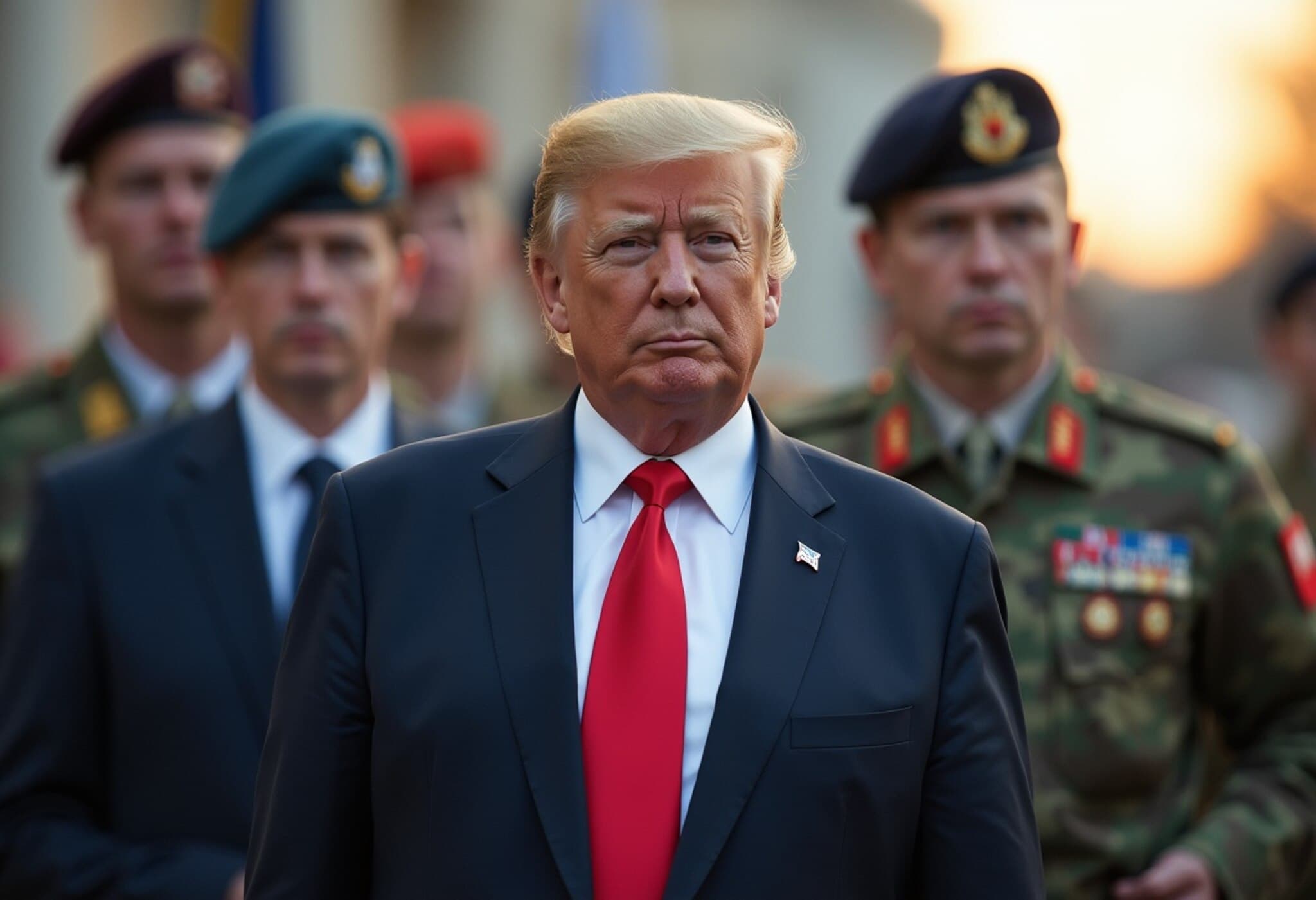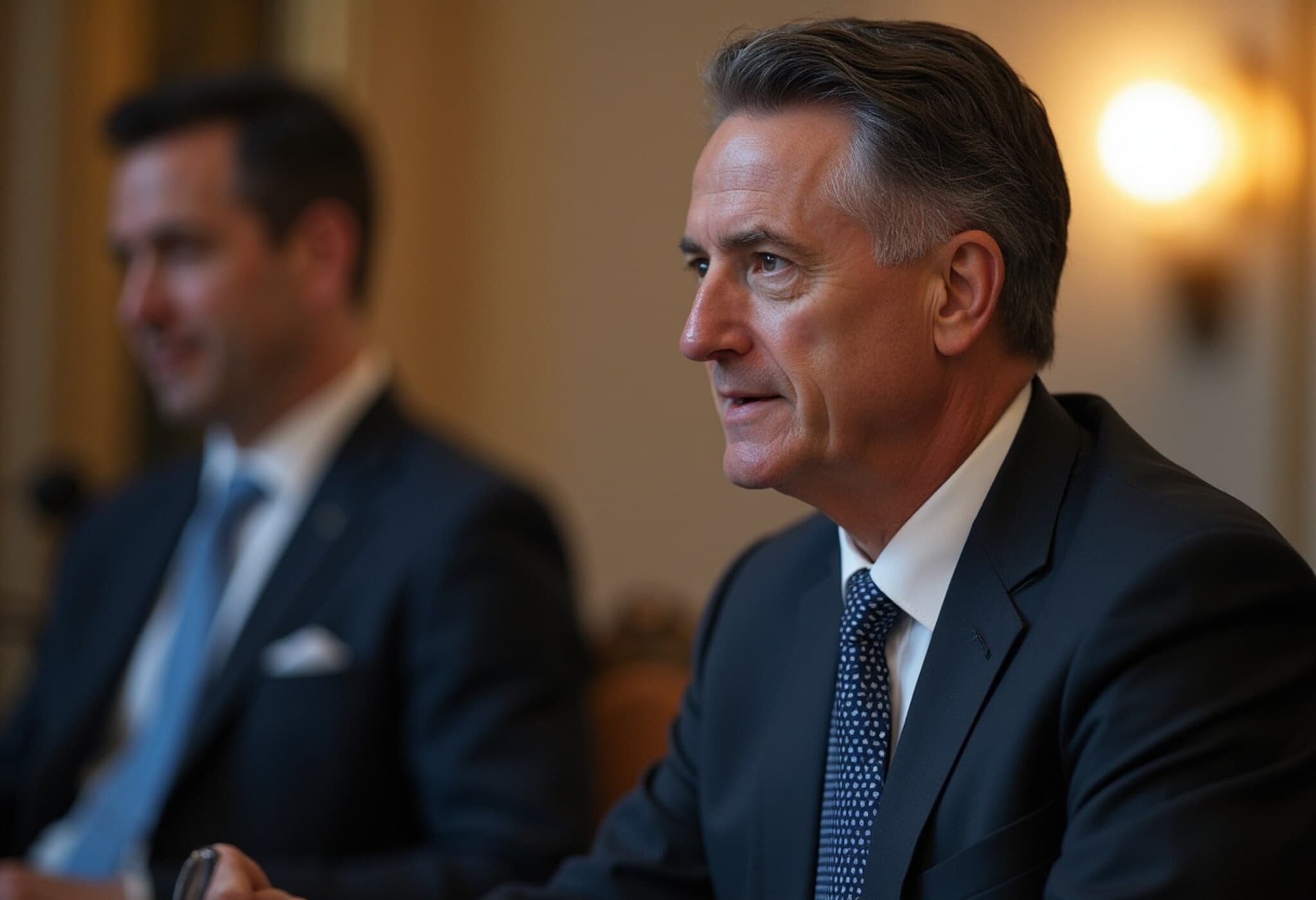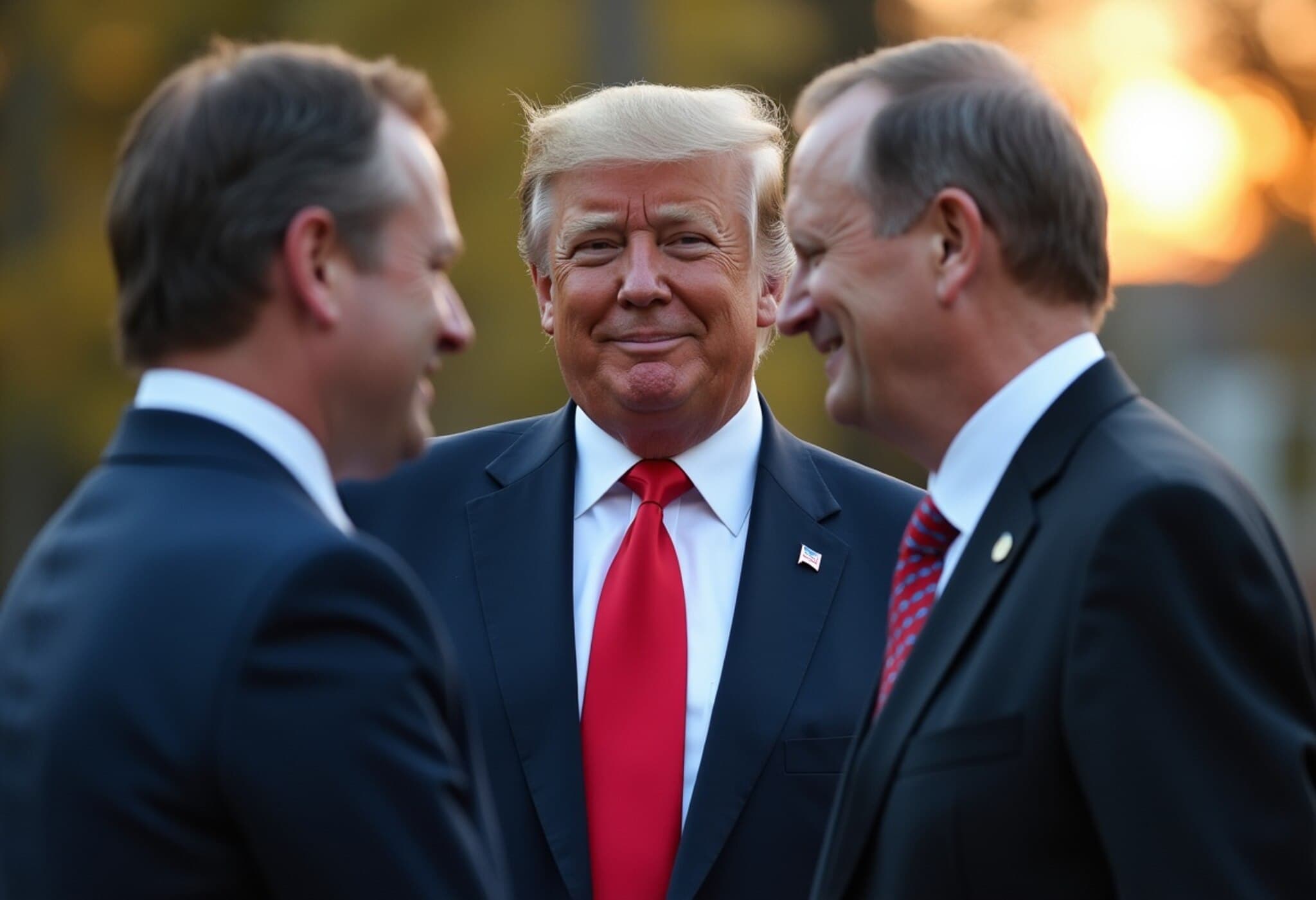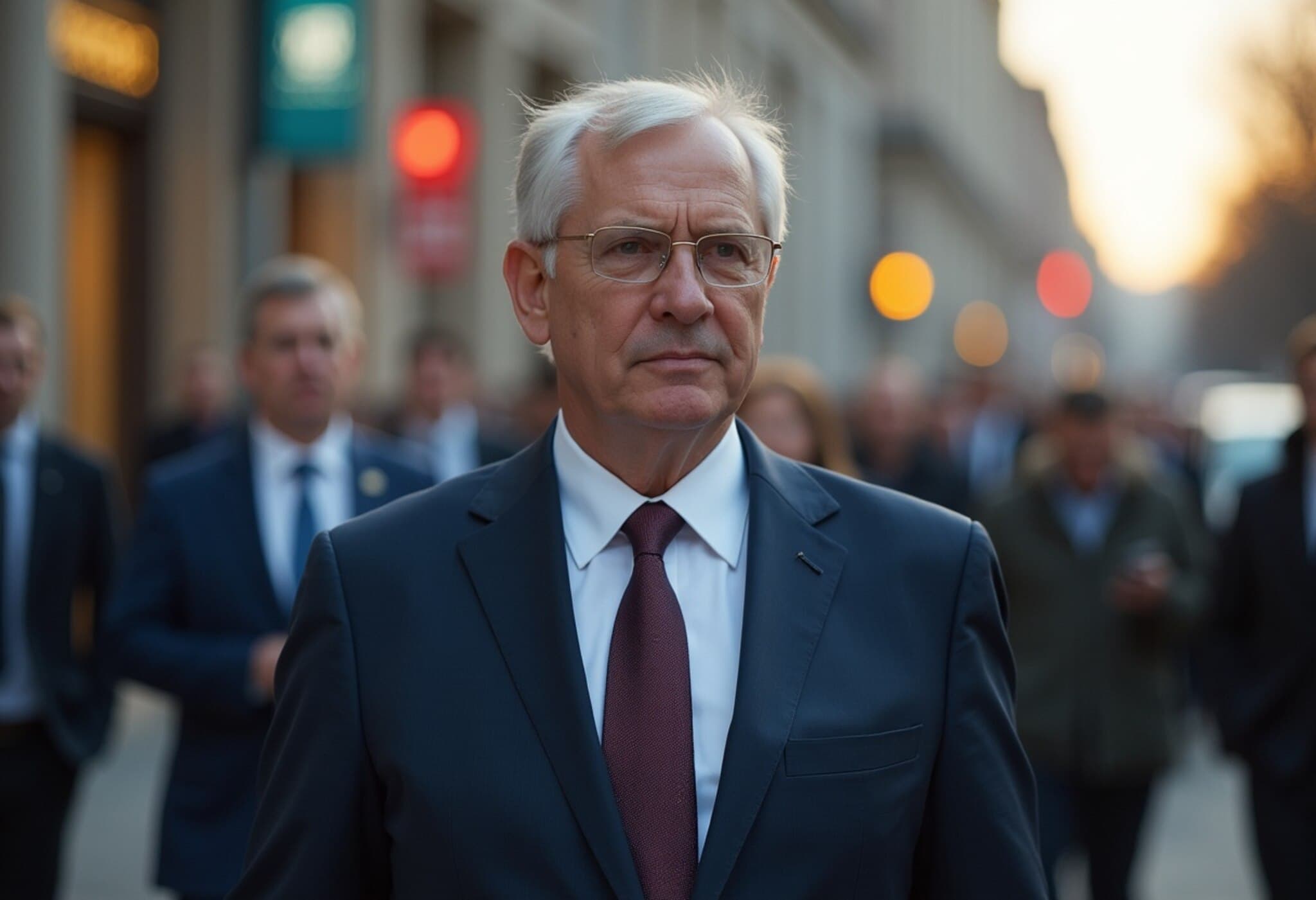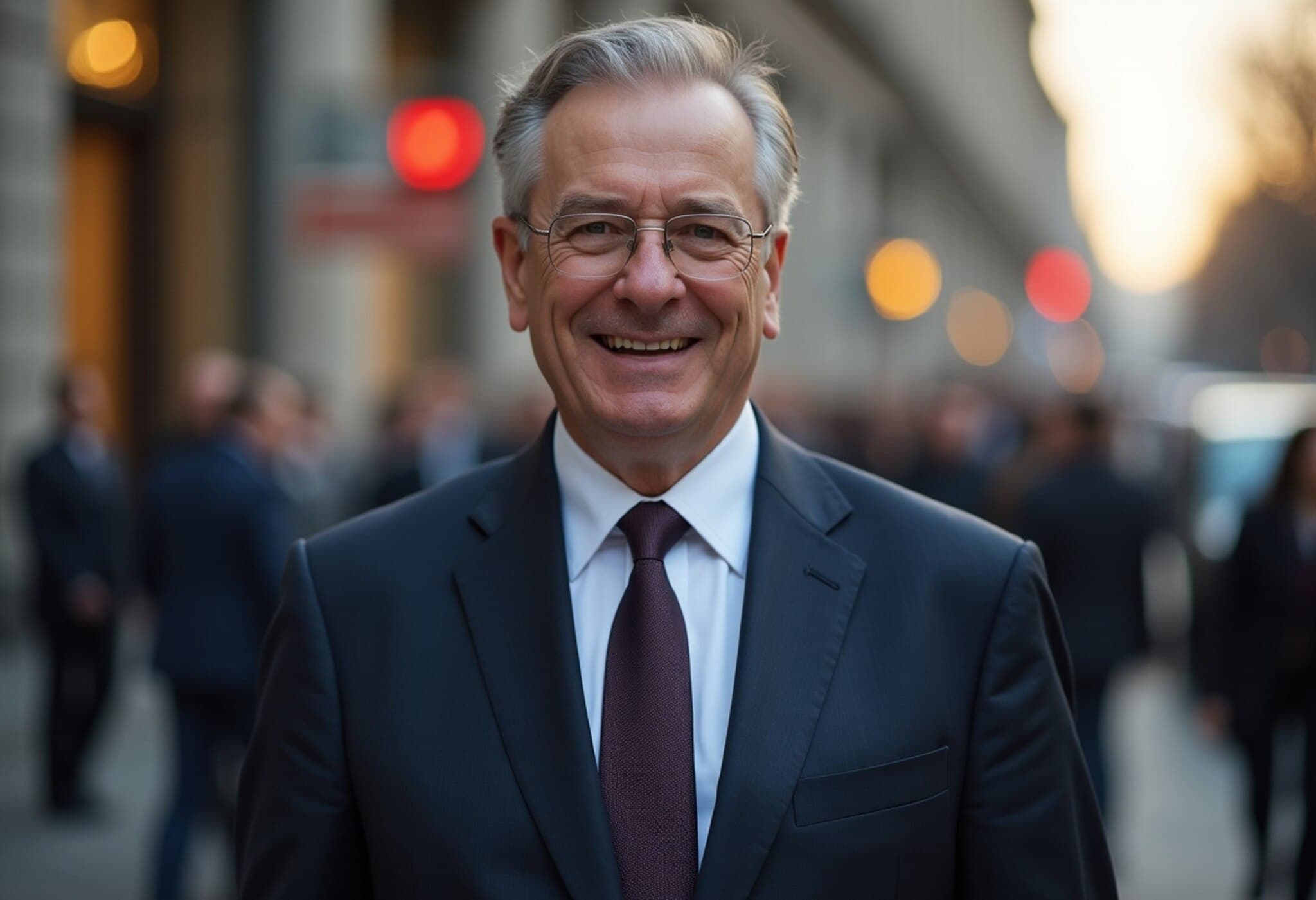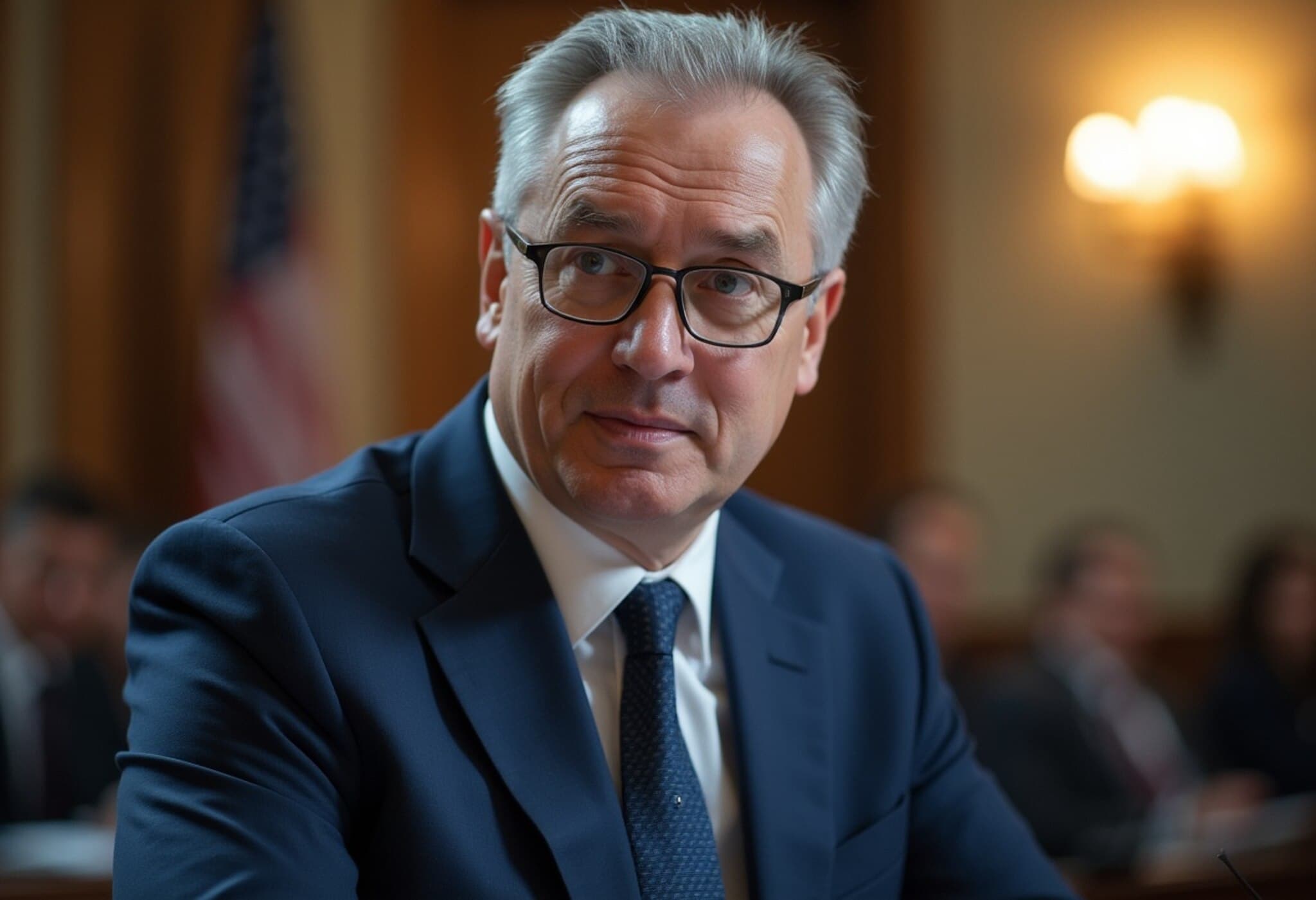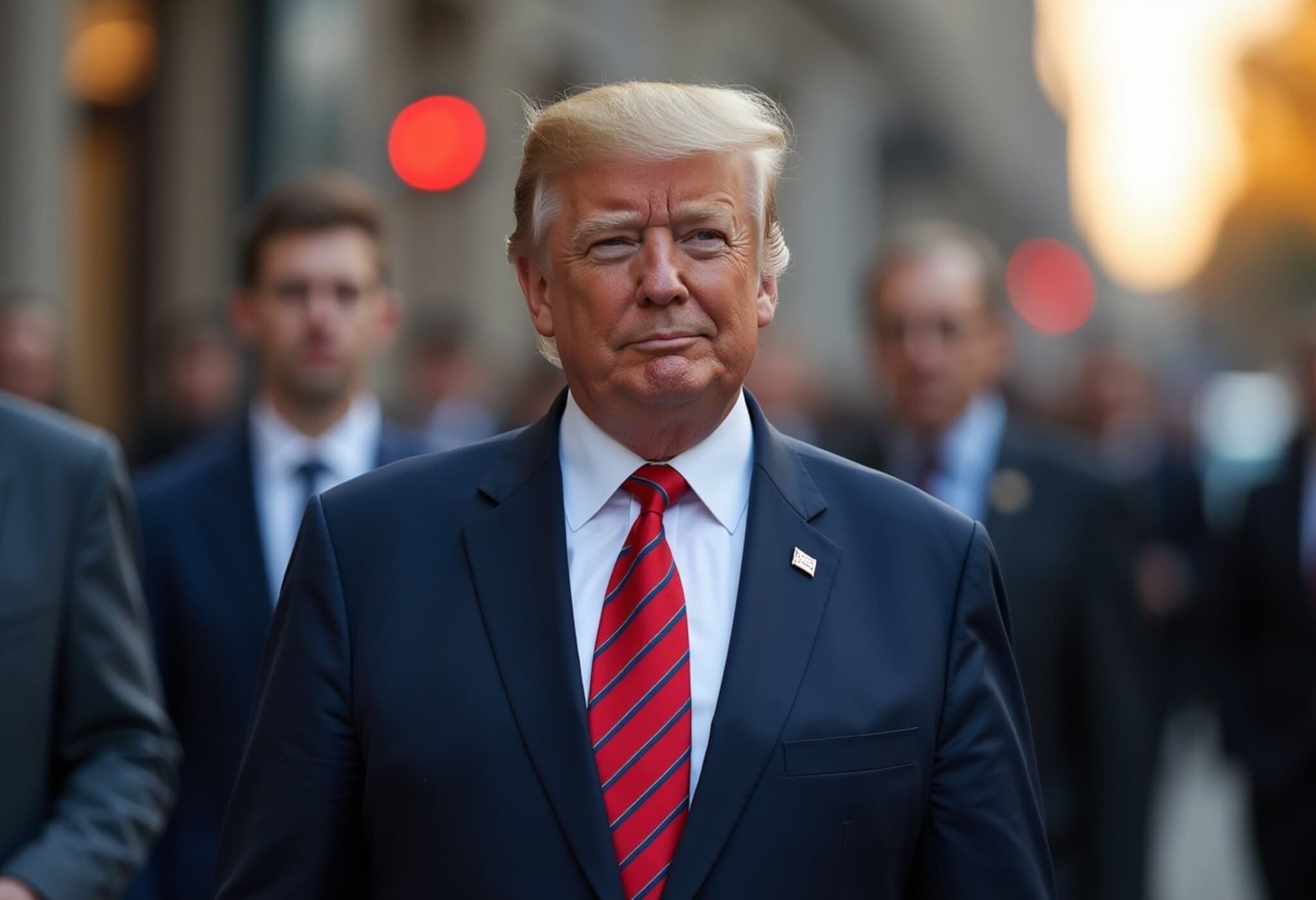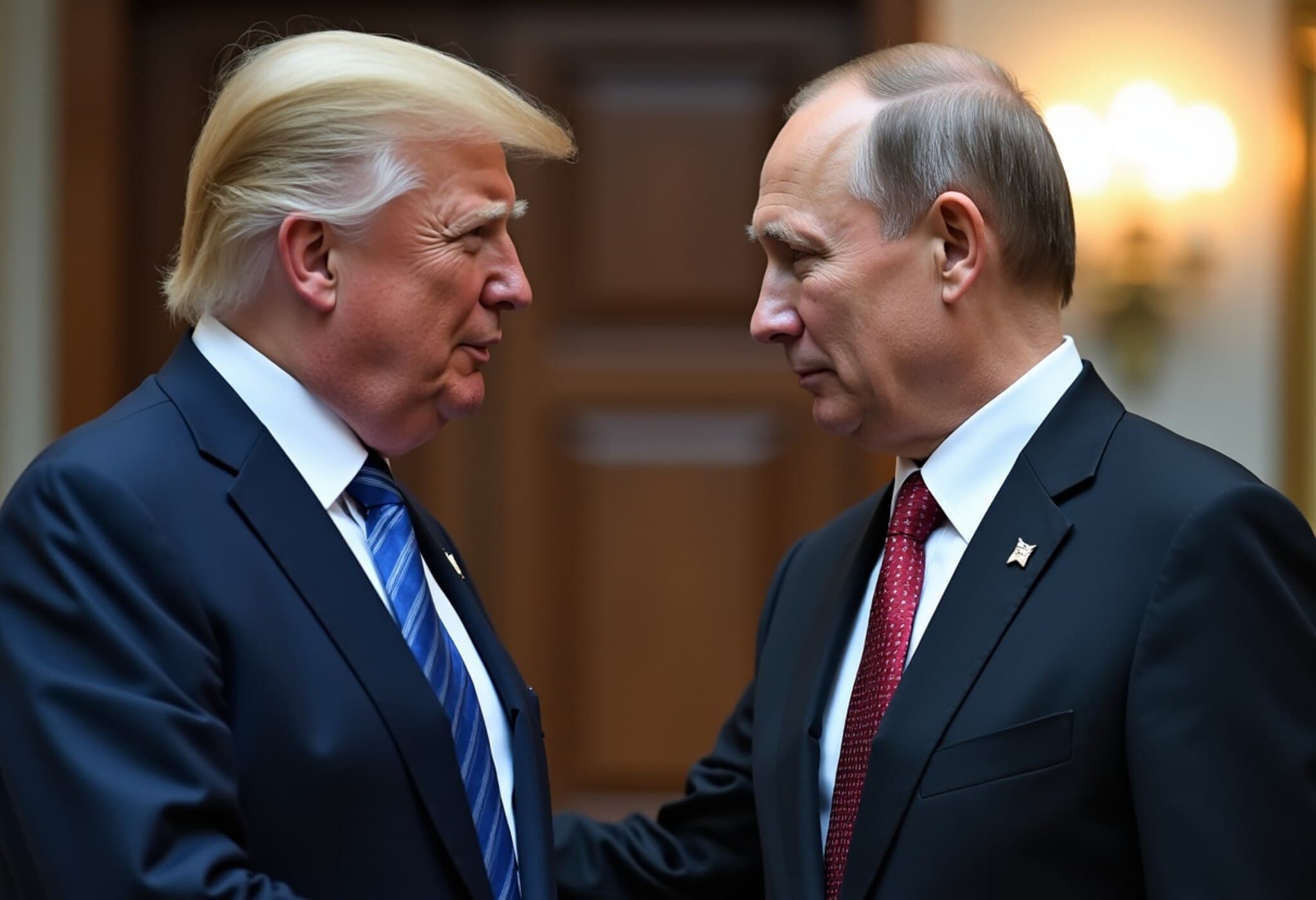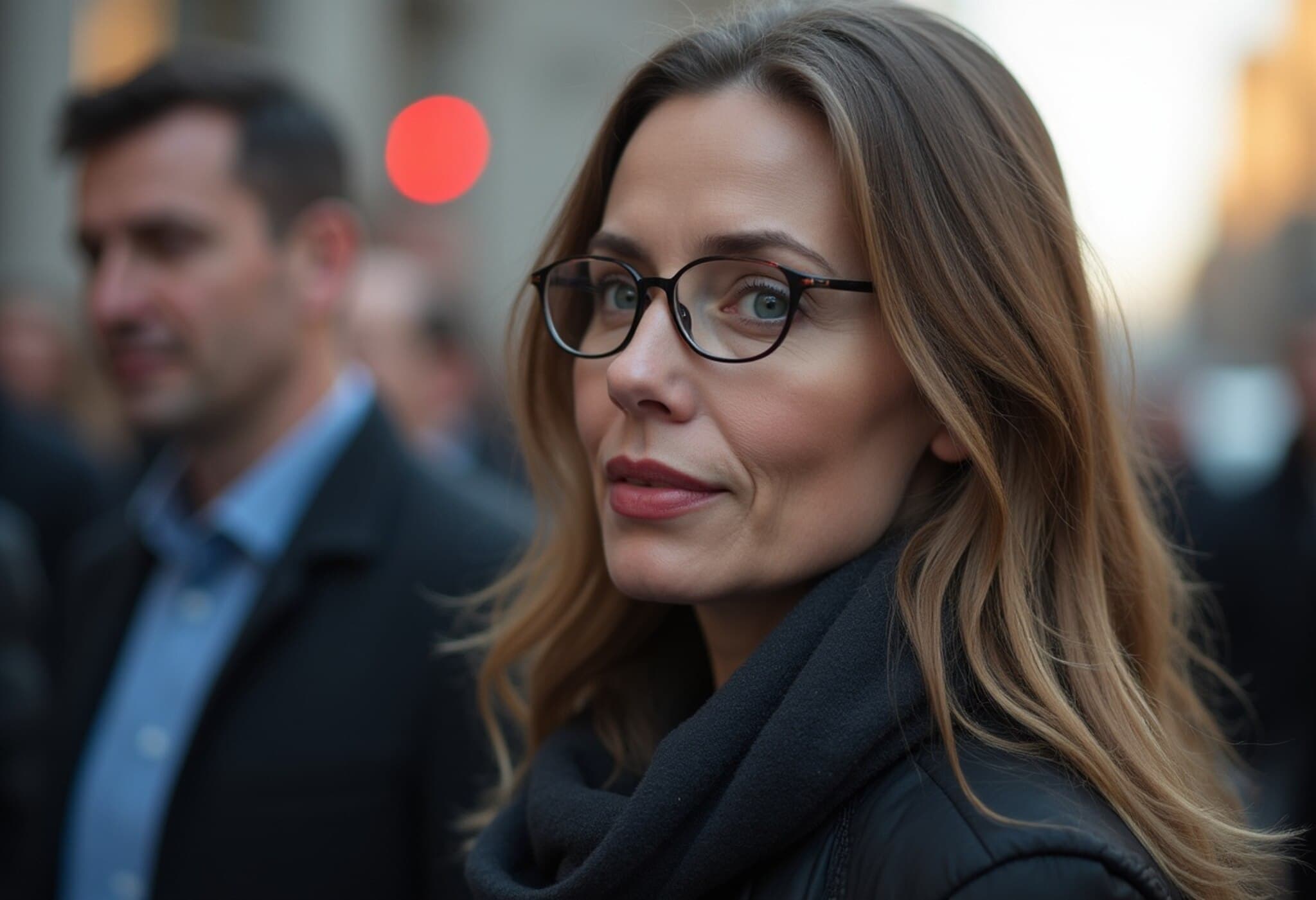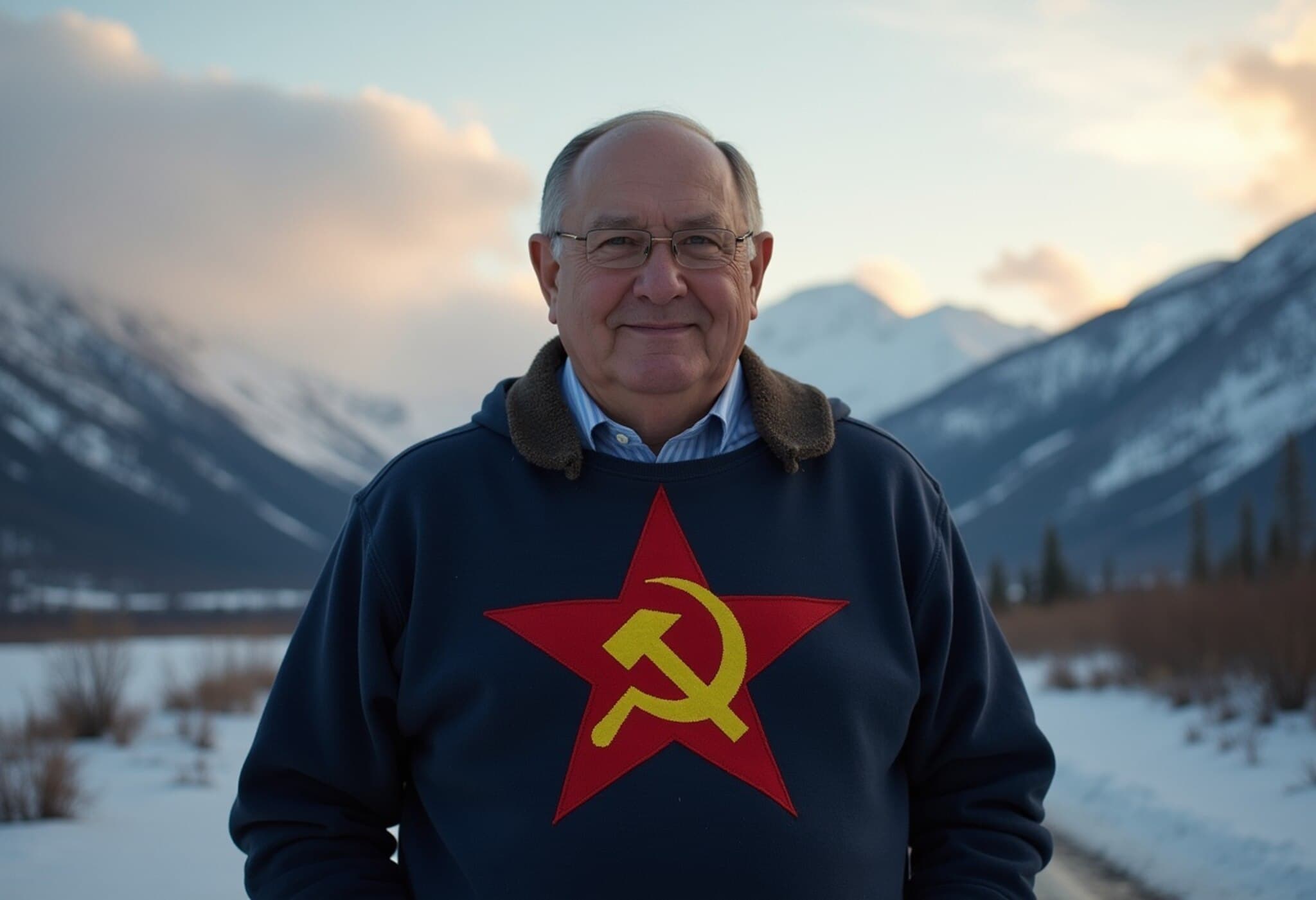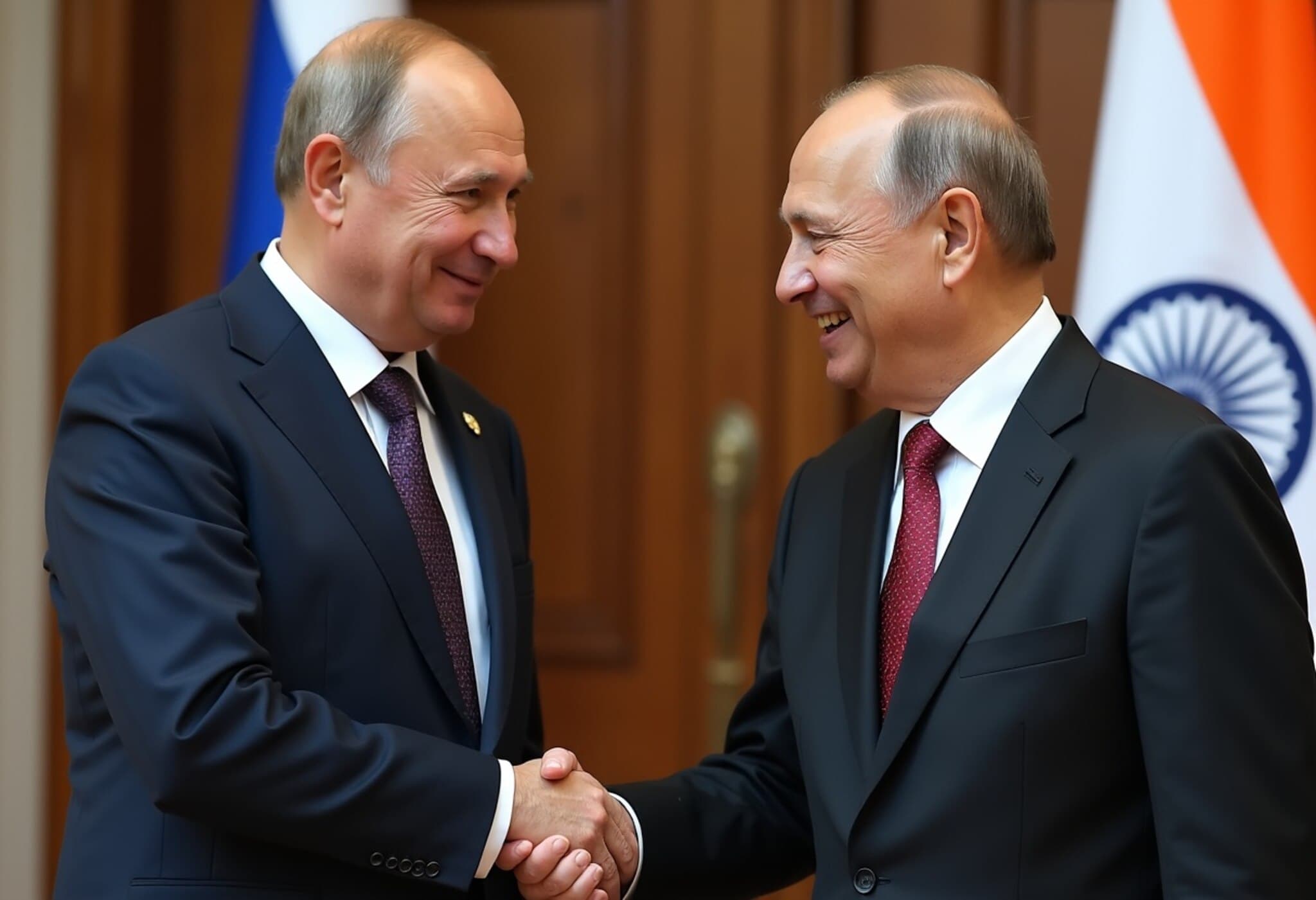Lavrov Rejects Zelenskyy’s Proposal for Direct Talks with Putin
In a clear escalation of the ongoing diplomatic standstill between Moscow and Kyiv, Russian Foreign Minister Sergei Lavrov flatly dismissed Ukrainian President Volodymyr Zelenskyy’s recent offer to meet with President Vladimir Putin. Speaking on August 21, 2025, Lavrov accused Ukraine and its European backers of pushing an agenda that sidelines Russia’s core security concerns, undermining any meaningful prospects for peace.
Europe’s Role: Promoting Its Own Interests, According to Moscow
Lavrov argued that Kyiv’s leadership lacks genuine interest in long-term conflict resolution, as they focus primarily on securing Western security guarantees that Moscow finds unacceptable. "The Ukrainian regime and its representatives directly show they are not interested in a sustainable, fair, long-term settlement," Lavrov said, emphasizing that Europe’s involvement is skewed towards fortifying Ukraine’s defenses rather than addressing the conflict’s root causes.
Highlighting Moscow’s frustration, Lavrov stated, "Europe is promoting its own agenda, focusing only on guarantees and ignoring the root causes." This perspective aligns with Russia’s broader view that Western powers, particularly the U.S. and NATO members, are driving the conflict’s escalation through political and military support to Kyiv.
Red Lines: European Troops in Ukraine Not an Option
Lavrov issued a stark warning regarding any plans by European nations to deploy troops on Ukrainian soil. Such a move, he declared, would be "absolutely unacceptable" and would constitute unwarranted foreign interference in Ukraine’s territory — a red line Russia is unwilling to tolerate.
Zelenskyy’s Offer: Conditional and Seen as Tactical
Ukrainian President Zelenskyy publicly floated the possibility of meeting Putin, contingent on receiving clear and solid security guarantees from the West first. He suggested neutral locations such as Switzerland, Austria, or Turkey as potential venues for the talks and proposed a trilateral meeting that could include the then-U.S. President Donald Trump.
“We want to have an understanding of the security guarantees architecture within 7–10 days, and based on that understanding, we aim to hold a trilateral meeting,” Zelenskyy stated.
Despite these overtures, Moscow dismissed them as political maneuvering. Lavrov recalled that Zelenskyy had previously ruled out direct negotiations with Putin and even signed an executive order to that effect. He described the current proposal as a tactical attempt to maintain public relevance rather than an earnest pursuit of peace.
Moreover, Lavrov cast doubts on Zelenskyy’s legitimacy, alluding to doubts about his authority to negotiate internationally.
The Broader Implications: Trust Deficit and Stalled Peace
This diplomatic exchange underscores the profound mistrust and conflicting narratives that continue to paralyze efforts to end the conflict between Russia and Ukraine. On one side, Kyiv insists on security guarantees from Western allies before entering talks. On the other, Russia demands negotiations based on its conditions and rejects any agreement that appears shaped by European agendas.
From an American policy perspective, this standoff illustrates the challenge of balancing support for Ukraine’s sovereignty with the risks of escalating tensions with Russia. It also raises critical questions about the effectiveness of Western strategies and the prospects for a negotiated peace in a complex geopolitical environment.
Underreported Perspectives to Consider
- Internal Ukrainian Politics: How Zelenskyy’s shifting negotiation stance plays domestically, with political opponents and public opinion influencing diplomacy.
- European Security Architecture: The potential implications of European troop deployments in Ukraine and how this could reshape NATO and EU relations with Russia.
- Legitimacy and Recognition: The broader international legal questions surrounding Zelenskyy’s mandate and Russia’s recognition of Ukrainian governance.
Editor’s Note
The standoff between Russia and Ukraine remains mired in mutual distrust and competing narratives. While Zelenskyy’s call for security guarantees before talks reflects Ukraine’s precarious position, Moscow’s outright rejection highlights its insistence on controlling the peace process terms. As Western nations continue to support Kyiv, the risk of prolonged conflict persists, raising urgent questions: Can genuine dialogue materialize without compromise on either side? What role should outside powers play in mediating this deeply entrenched conflict? Observers and policymakers alike must grapple with these dilemmas as the path to peace remains uncertain.

